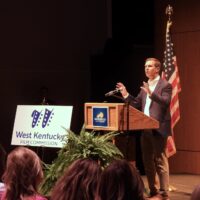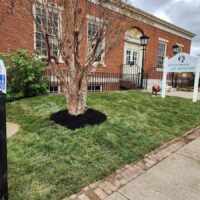U.S. Poet Laureate Ada Limón recently announced “You Are Here,” the two-pronged signature project for her stint in the Library of Congress role that aims to help people to engage with poetry and the natural world.
For Limón — a California-born poet of Mexican ancestry who now lives in Kentucky — experiencing nature helps wash away “the human clutter” of life, and poetry accentuates its “wonder, awe and mystery.”
“When we talk about nature, we’re very interested in ‘Okay, let me think about the scientific name, the Latin name,’” the poet said. “But at the same time, I do think we have to make space for the things we don’t know, the feelings that we can’t describe and poetry makes room for that.”
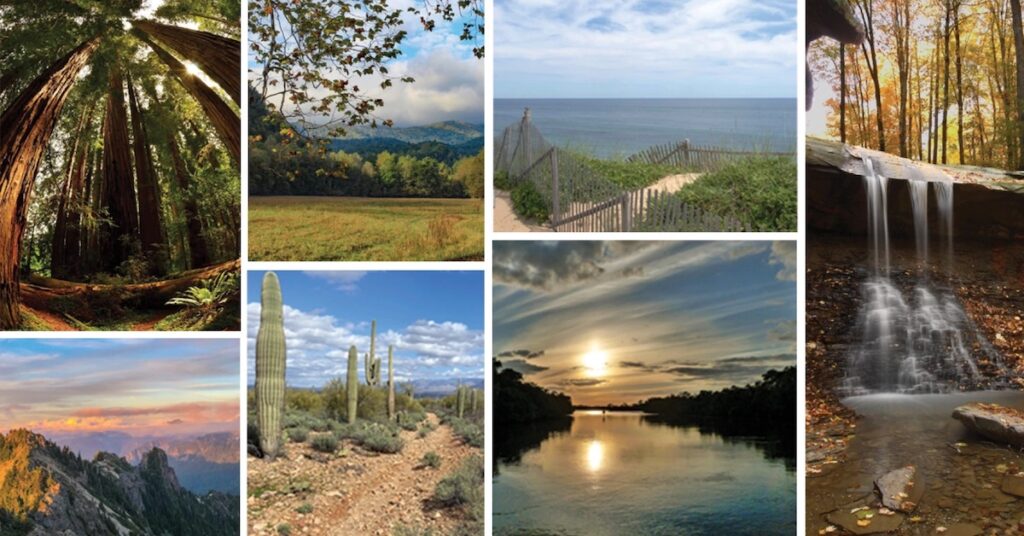
The 47-year-old Limón resides in Lexington, Kentucky, where she often finds inspiration for her writing in the world around her. Now, her signature project as U.S. Poet Laureate seeks to help people commune with nature, something that she said can help them feel connected to the natural world.
“I think sometimes when you recognize where you are, that you are on a planet, that you are in an ecosystem, you recognize that there is no way that you’re alone, that you are part of something more vibrant,” she said.
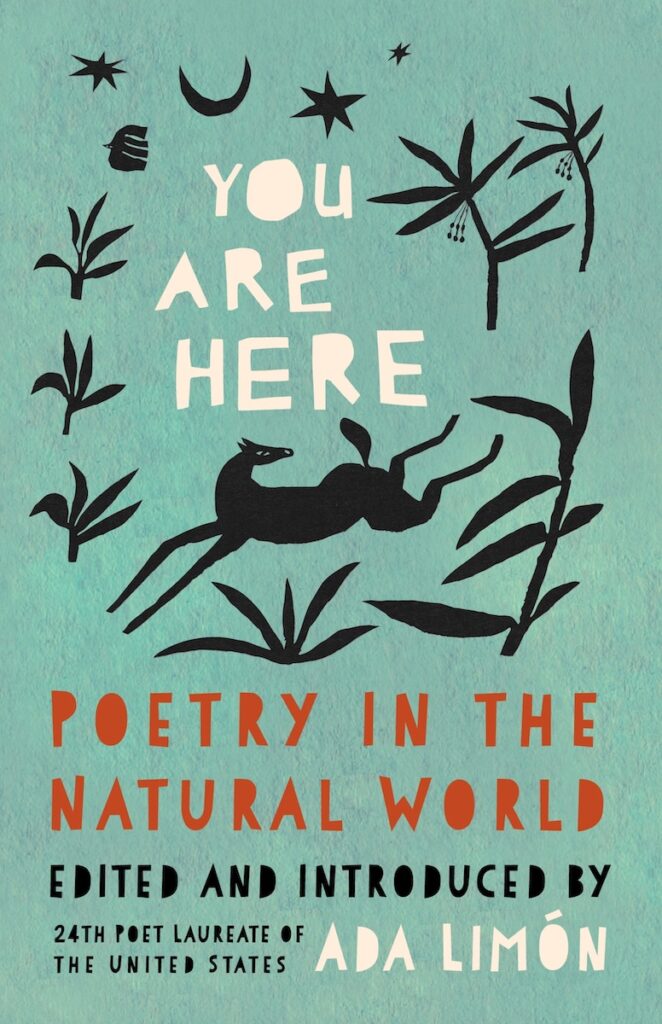
She’s planning a series of installations in seven national parks across the country, from the snowy, volcanic peaks of Mount Rainier National Park in Washington to the subtropical wilderness of Everglades National Park in Florida. Other participating parks include Cape Cod National Seashore in Massachusetts; Cuyahoga Valley National Park in Ohio; Great Smoky Mountains National Park in North Carolina and Tennessee; Redwood National and State Parks in California and Saguaro National Park in Arizona.
The installations — an initiative with the National Park Service and the Poetry Society of America — will feature picnic tables emblazoned with historic American poems curated by the Poet Laureate. Limón said this site-specific public art will urge visitors to truly experience their surroundings.
“Sometimes even if we have the intention of going to these incredible spaces, to take our mind off things or to, you know, have some communion with nature, we still forget to do it,” she said. “Sometimes you need to sit in stillness. Sometimes you need to have a poem, or some way in, that can allow for that silence — a little breath.”
These poetry installations will feature an element of interactivity encouraging park goers to pen their own verses.
“It’s a small little prompt to pay attention to the world around you to really deeply look at what you’re seeing, and in some way, have a poetic response to that vision,” she said.
Limón has also curated “You Are Here: Poetry In The Natural World,” a new anthology featuring 50 original works that she hopes can reimagine “what ‘nature poetry’ is during this urgent moment on our planet” and allow people to experience nature with the turn of a page.
“We have this sort of myth that in order to go to nature we have to drive to it, but we are nature,” Limón said. “It’s all around us.”
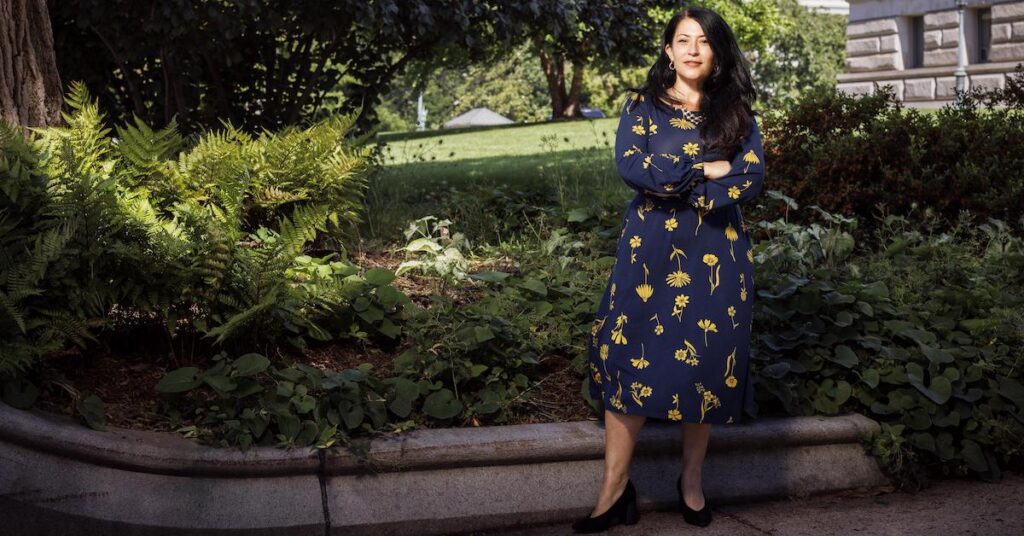
The collection — set to be released in April 2024, just in time for National Poetry Month — will include writing by former U.S. Poet Laureate Joy Harjo, Pulitzer Prize winner Diane Seuss and PEN/Voelcker Award winner Rigoberto González — that reflect on and engage with their local landscapes.
Limón was appointed U.S. Poet Laureate in 2022 and named to a historic second term earlier this year. She has authored seven poetry collections — including “The Carrying,” which won the National Book Critics Circle Award for Poetry in 2018. An original work by the poet will be engraved on NASA’s Europa Clipper mission spacecraft, which launches in 2024. Her latest collection, “The Hurting Kind,” was published in 2022.

